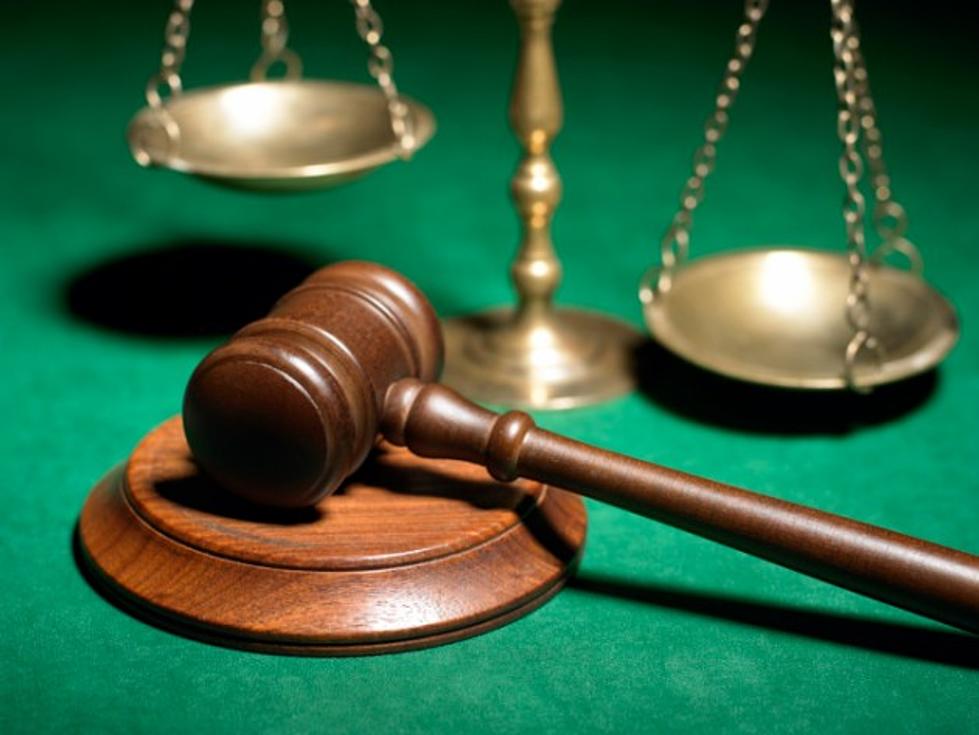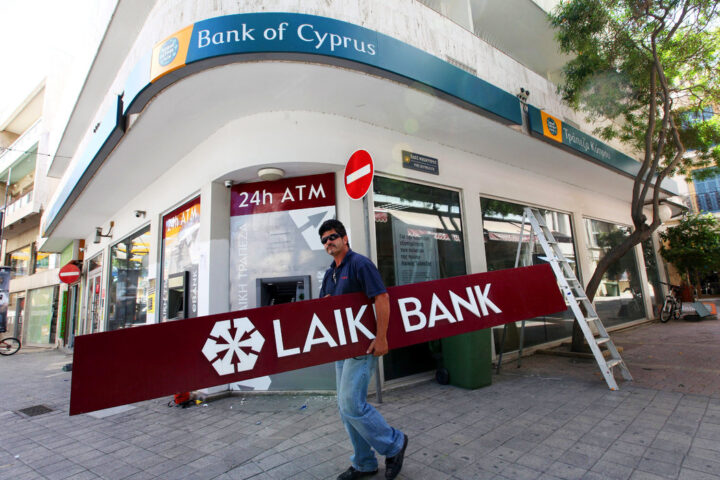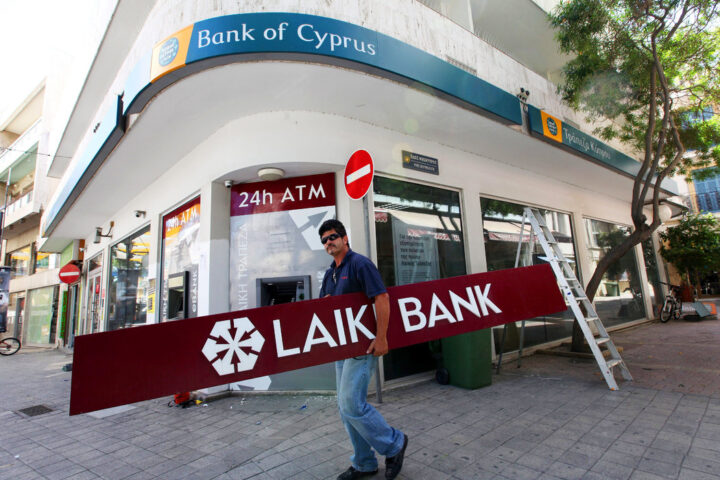The Attorney General’s office is set to challenge a second court decision granting compensation to clients of the former Laiki Bank for the 2013 deposit haircut, following a Limassol court’s ruling in favour of another five depositors.
On Friday, the Attorney General’s office announced its intention to challenge the decision awarding damages totaling €5.4 mln to five Russian and Belarusian depositors of the former Laiki Popular Bank.
In an announcement on Friday, the Attorney General’s office emphasised that previous lawsuits filed by depositors post-crash have failed, adding that a thorough examination of the Cyprus court’s judgment led them to determine the necessity to file an appeal.
A dedicated team from the Legal Service is already in the process of preparing the appeal, underscoring the Republic’s commitment to contesting this unique legal outcome.
This decision marks the second of its kind, following the groundbreaking ruling by the Limassol District Court last month, which granted over €780,000 in compensation to a Russian depositor.
The five plaintiffs, Russian and Belarusian nationals, had jointly sued Laiki, the Central Bank of Cyprus (CBC), and the Republic of Cyprus.
Subsequently, Laiki was removed from the list of defendants in the lawsuit due to being in liquidation and unable to compensate the plaintiffs. The decision, therefore, concerns the CBC as the banking regulator and the Republic of Cyprus.
The recent ruling, issued by the same court that acquitted another affected depositor on similar grounds on November 8, attributes the deposit reduction to negligent acts by the Republic of Cyprus and the Central Bank.
The court criticised the CBC for allowing the banking sector to expand without necessary controls to protect depositors’ interests and for not addressing the lack of liquidity in Laiki Bank since 2010, established by the CBC itself.
Political concerns
According to the court decision, “The CBC was expected to take drastic measures independently of the government’s choices, disregarding disagreements from its then Governor. Instead, the CBC aligned itself with the government’s choices, ignoring expert suggestions due to political concerns”.
The court also highlighted that the CBC should have assessed the government’s omissions regarding external financial assistance in a timely manner. The decision emphasised that the CBC, aware of the risks, chose to accept them without ensuring depositors’ interests, displaying indifference towards implementing effective measures against Laiki Bank.
Furthermore, the court assigned responsibility to the Republic of Cyprus for not timely approaching European mechanisms for loans, considering it necessary for the country. The decision criticised the lack of seriousness and planning in relying on borrowing, without understanding the higher needs of the banking system compared to the state and without a contingency plan.
In conclusion, the court determined that the haircut of deposits resulted from the careless actions of the Republic of Cyprus and the serious negligence of the CBC, not due to market-related reasons. The handling of the 2009 economic crisis in Cyprus by the government was deemed inappropriate.
A haircut was imposed on uninsured deposits over €100,000 as part of the €10 bln bailout for Cyprus by the Euro area finance ministers (Eurogroup) in March 2013.
As part of the decision, a haircut on uninsured depositors was imposed on the Bank of Cyprus, while Laiki Bank would be liquidated.
According to IMF estimates, the haircut of uninsured deposits amounted to almost €8 bln, of which €3.7 bln was in Laiki.
From December, a government online platform for those affected by the 2013 decisions (deprived depositors, security holders and shareholders) will be operational to apply for support from the Solidarity Fund established, with the first disbursements expected in 2024.










